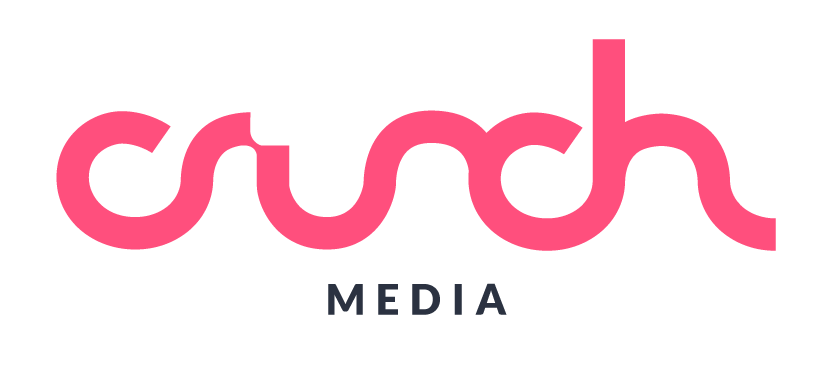Can chatbots help with student customer service?
Chatbots assisting student services.
Searching for answers.
People are always looking for an answer when they are searching the internet, whether their shopping, looking at a new college or university or looking for the perfect job.
In recent years, with the development of AI (Artificial intelligence) companies large and small have implemented chatbots to help them with customer service with an estimated 31% of business have invested in AI for customer services and an average 29% of customer care transactions can be automated.
Universities have several methods to reach out to students, the HE landscape is competitive with institutions competing against each other to attract students. A forum for students to message you is needed however 6 Russell Group universities don’t provide a messenger functionality on Facebook which means students cannot message them via social media and the information will be on their website or they will have to ring the university.
Personalised experience.
A personal experience is an important factor for students as that will be the foundation to the relationship between the university and the student, however only 5 in 24 Russell Group universities had created a personalised message responses for their students. Only 1 Russell Group university have made use of a functioning chatbot however this only took the user on a single step.
There are several benefits to implementing a chatbot which includes:
- Having a immediate response to the customer
- It can stay active 24/7 on the website with the business or university picking up the message of a potential customer/student the day after.
- Keep things conversational which will allow the user to find the information
- Reduce costs
- Improve loyalty between the customer and the organisation.
A prediction by Gartner states that by 2020 a customer will manage 85% of the relationship between them and a business, which had led to the increase in demand and adoption of self-service.
Offering instant information.
Research has shown that by 2020, 79% buyers will expect a business to have implemented a chatbot to answer queries and 75% of customers will expect business to be able to predict their needs and automatically offer resolutions/services.
Industries have been transformed with significant changes in AI technology with an estimated 50% of enterprises will spend more on chatbot creation than traditional apps by 2021 with companies adopting automation can expect to save up to 46% in salaries.
A university or business can be branded and designed to how the business/university would like the chatbot to look and ensure that it matches their branding, they can have multiple languages which will allow them to reach out to international students.
Universities can integrate a chatbot with their CRM system and allow student leads to go directly to the student recruitment department and the chatbot can be mobile friendly which is highly beneficial as 65% of millennials and generation Z digitally interaction with each other more than ever before. The average screen time for generation Z is 29.5 hours a week and 12 hours for a millennial. Research has shown that 63% of people would consider messaging a chatbot to communicate with a brand – which is emphasizing the fact at that students would prefer to communicate via a messaging service.
UK universities champion chatbots.
When an organisation implements a chatbot, they will need to define the entities which is the type of object or data which will be relevant to the user who will be using the chatbots, for example a university may include the courses which are relevant to a keyword that a user enters, i.e if a perspective student asks about courses which are relevant to the law and criminology, the chatbot could provide a link to the courses in law and criminology at the university at UG and PG level and explain to the student who would be the best point of contact to discuss their application or the course.
An example of a university who implemented a chatbot is Leeds Beckett University who introduced, Becky, ahead of Clearing 2017. The university said that the introduction of the chatbot was the more natural evolution in order to engage with perspective ahead of Clearing which is the busiest period for universities. This was developed in two months for £30 and won an award as the Times Higher Leadership and Management award, the developers developed the bot that it could take the student through the whole application process which included making offers. Results have shown for Clearing 2017 that 89 students who were given an offer via the chatbot enrolled in September 2017 which is a 46.6% conversion rate compared to the general 26%.
Another example of a university who have implemented a chatbot is Staffordshire University who have launched Beacon which will provide around the clock help to students. The bot will be able to provide students information on their timetables, and up to 400 frequently asked questions.
Chatbots are being implemented across industries as has been highlighted, with students searching for answers late into the night, during the day, universities need to meet this demand to reach out to perspective students and with the implementation of chatbots prior to applying and after the acceptance of an offer, establishing the relationship is vitally important.
Speak to us.
We will ease your challenge to meet your core targets – sayhello@crunchdigitalmedia.com
